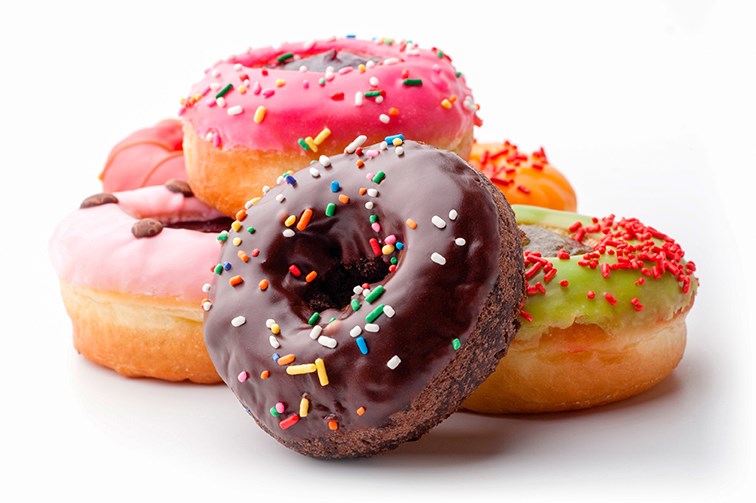Nadine Devin
Why all the fuss about sugar? Another “health nut” craze? Afraid not.
Excess sugar has been linked with cancer, diabetes, heart disease, and obesity. Add to that the effect of diet quality on our kid’s brains.
On June 24th, Lambton County will be fortunate to welcome Dr. Yoni Freedhoff to a local event as part of the Lambton Partners Healthy Kids Community Challenge.
Dr. Freedhoff is a renowned advocate for changes in our food environment and national media spokesperson.
The Challenge will be put to community leaders to reflect on their practices and lead the change in stopping the flood of sugary treats and drinks, including juice. We have a social responsibility to act to benefit our children.
This summer my husband, who is coaching our boy’s baseball team, is stepping up to this “challenge” and encouraging other parents who want to bring a post-game snack for the team to bring only fresh fruit and water.
Then, at the end of the season, we will celebrate the special occasion with cupcakes and juice boxes.
The average child is consuming at least three times more daily sugar then recommended. Sixty percent of children are not getting enough daily fresh fruits and vegetables, while intake of sugary drinks (including juice) is roughly 500ml per day (or 15 teaspoons of sugar).
Food rewards sure don’t help.
People might say, “They are kids, they deserve a treat after a game.” But rewarding kids with treat foods does more harm than good.
Beyond the 12-plus teaspoons of sugar in the average sideline snack, rewarding with treats teaches kids that the accomplishment was not enough of a reward, diminishing the true value of what they are doing. Studies have even shown that children can perform more poorly when they are anticipating rewards.
Treats after a game also teach kids nothing about proper nutrition and hydration to fuel performance. I know I don’t reach for a Freezie when I come back from my run. There is also the unintentional teaching of using food to cope with emotions, a topic of its own.
The unfortunate reality is, it’s not just after sports that we have a “junk snack” epidemic.
But there is evidence that health outcomes in children improve when communities make the healthy choice the easy choice.
Small changes in what we do can demonstrate that fresh fruit and vegetable and cold tap water are delicious and essential, and that treat foods have a time and place.
Are you up for the Challenge?
For more information on the Healthy Kids Community Challenge, go to http://healthykidslambton.ca.
Nadine Daye (Devin) is a Registered Dietitian, mother, and advocate of healthy environments that support healthy children.
